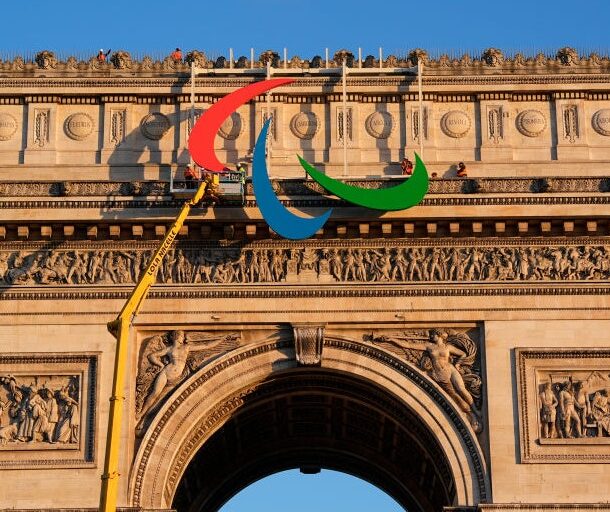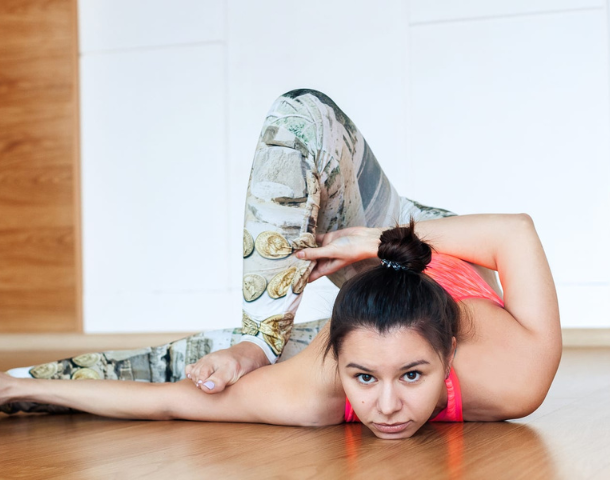
5 Foods You Should Really Avoid Before Working Out
Fatty snacks take a while to be digested and, similar to fried foods, can mess with blood flow throughout your body. Snacking on a bowl of almonds can reroute blood flow away from your brain, heart, and extremities, says Long. And like we mentioned, if it’s still sitting in your stomach when you’re exercising, it can give you nausea or heartburn, or even make you feel bloated.
Is a handful of walnuts going to absolutely obliterate your workout? No. But “it can leave you feeling heavy and slow,” says Dardarian.
High-fiber bars, granola, or cereals
Eating more fiber in general can do wonders for your gut health, cholesterol, and blood sugar levels. But unless you don’t mind booking it into the nearest porta-potty mid bike ride, hold off the fiber-rich cereals until you’ve logged your miles. The reason: It can make you poop, and “nobody wants that in the middle of a workout,” Dardarian says.
Your body can’t absorb or digest fiber, so it passes right through your gut. Then couple that with the fact that exercise makes your gut muscles contract, and you can see why you might be searching for a toilet, stat.
Best case scenario, having a bowl of fiber-heavy cereal will just give you a normal bowel movement before your workout. But many people who graze on bran flakes ahead of their exercise wind up with the runs or, if they’re not drinking enough fluids, backed up. Because of this, Dardarian says that professional athletes are trained to avoid fiber entirely the day before and morning of a big game or race. “That’s when everyone has white pasta and white bread, as they contain less fiber,” she says.
A glass of milk, a hunk of cheese, or any other dairy-based treat
If Michael downing a pan of fettuccine Alfredo before Dunder Mifflin’s fun run hasn’t forever turned you off to a pre-jog dairy-based snack, then you might be one of the lucky ones who can stomach dairy before bouncing around on a treadmill. But for most folks, it doesn’t go so well.
That’s because dairy, which contains both protein and fat, can agitate your GI system, even if you’re not lactose intolerant and especially if you’re working out in hot weather, says Long. Maybe, like Michael, you’ll feel like you have a ton of bricks sitting in your stomach. Or worse, you puke it all up. Because of this, Long, who previously worked with the Chicago Cubs, advised players to avoid milk, cheese, and yogurt on gameday.
So what should you eat before a workout?
In general, the best thing to eat soon before working out—whether that be taking your dog on an easy walk, doing hot yoga, or running a half marathon—are simple carbs. They’re the easiest thing for your stomach to break down and, unlike protein that takes a while to be converted into energy, give you instant fuel. “Carbs help your body operate more efficiently so you can exert more power with less effort,” says Long. “I call it bang for your buck.” If you need help whipping up a plan, check out SELF’s pre-workout meal and snack guide.
But one thing to keep in mind is that everything here comes with one major caveat: Foods can have vastly different effects on different people. For instance, Dardarian says her daughter isn’t a big fan of breakfast, so she opts for cheese (yep, dairy) and crackers (some fiber in there!) before field hockey practice. It doesn’t make her feel sick and it gives her the carbs she needs to perform. Would Dardarian recommend this combo for everyone? No, of course not, she says.
So yep, consider these recommendations general guidelines, but remember, how you eat before a workout is very individualized. Experiment with different foods—remember, “nothing new on race day” though, so save your tests for a lesser-stakes day—and tune in to how you feel. You just might find the best way to fuel a workout for your body.
Related:
- What to Eat Before a Morning Workout: 18 Breakfast Options to Try
- What to Eat Before a 5K—And All Your Training Runs
- You Might Not Be Hungry After a Workout—But You Should Still Eat Something
Get more of SELF’s great service journalism delivered right to your inbox.
Related Articles
2023 Healmyselfnow @ All Rights Reserved


